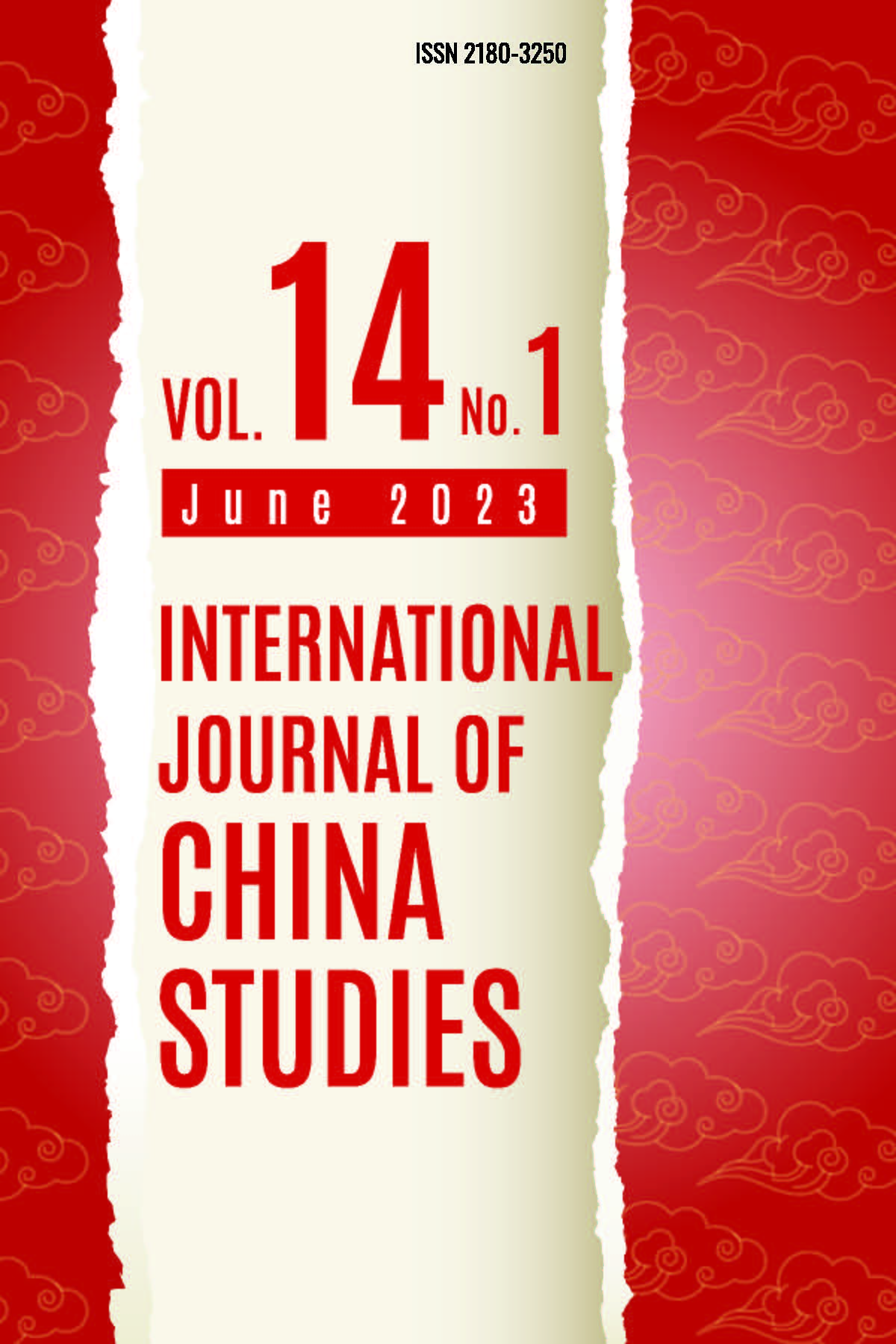Unraveling Chinese Bilateral Diplomatic Behavior: Evidence from Post-Coup Sino-Myanmar Relations,a Rational Choice Approach
Keywords:
China’s Diplomatic Relations, Chinese Strategic Interests, China-Myanmar Post-coup Relations, Cost-Benefit AnalysisAbstract
Attempting to understand the strategic motives and geopolitical interests behind Chinese actions in bilateral international relations, this paper examines Beijing’s reaction to the 2021 Myanmar Coup. Adopting a rationalist approach, the paper conducts cost and benefit analysis through game-theoretical lenses and categorizes Chinese interests as expansionary and defensive, both contributing to its potential payoff in bilateral exchanges. Applying the resulted model to the Post-Coup Sino-Myanmar interactions in which Beijing’s attitude shifted from the initial ambiguity to more favorable stance towards the Tatmadaw, the authors find that such shift can be attributed to a changing reality of China’s perceived political and economic outcomes at different time periods. In addition to offering insights into ongoing China-Myanmar relations, this article identifies key patterns of the decision-making process taken by Beijing. It argues that, when countries engage with China bilaterally, they will likely face a more volatile, daring player willing to take more controversial actions.

